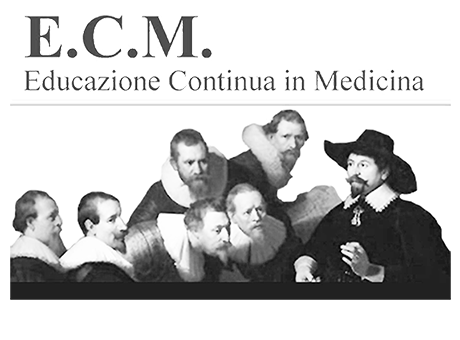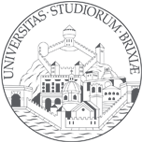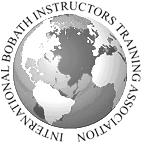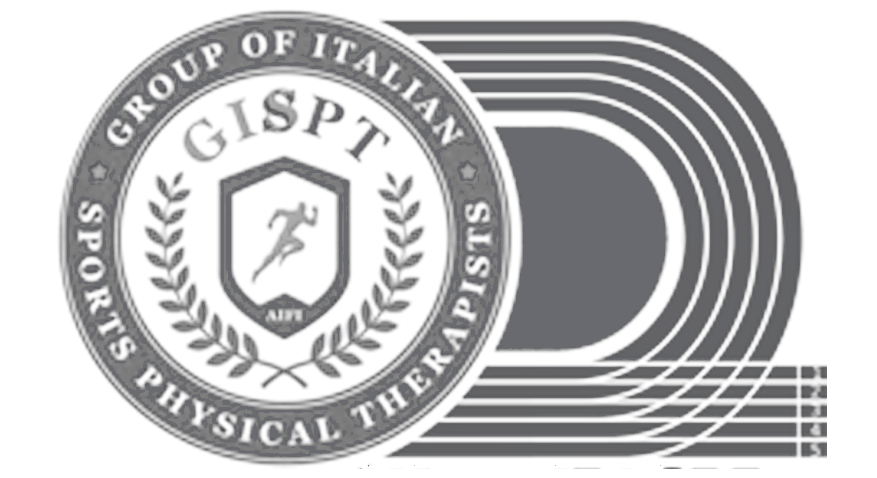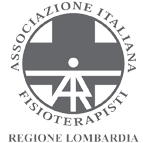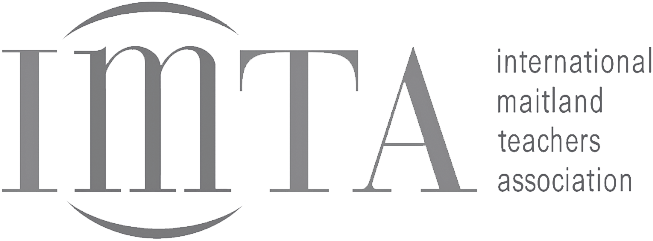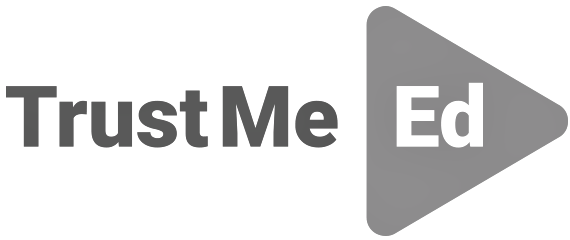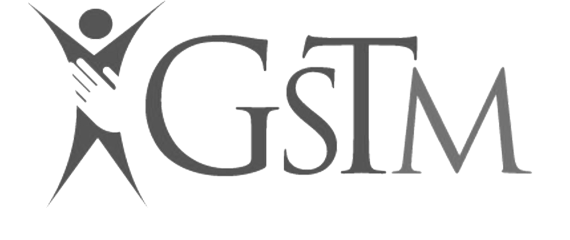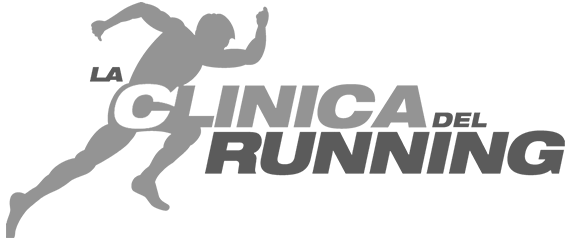October 8, 2025
EM346: ROMA - IBITA advanced level course: The re-education of locomotion in an overall vision: how each body segment contributes to the creation of efficient walking
-
Alba MagriPt, IBITA Advanced Course Instructor
-
Elena BortolottiFt. IBITA Basic Course Instructor
Re-educating walking after a central lesion remains the "golden goal" of rehabilitation and the first objective for many patients. Current knowledge in the neuroscientific and biomechanical fields has enriched the basis for building a tailor-made treatment in different clinical conditions. The aim of the course is to look at locomotion as a complex function that involves the entire neuro-musculoskeletal system and to consider the close interconnection between postural control and locomotion in order to identify the specific problems of each individual patient and build an individualized treatment by developing the clinical reasoning based on scientific evidence. The aim of the course is to consider the role of all the body districts in determining the efficient walking since the literature today speaks of a single postural-locomotor network: the orientation of the course is practical-clinical aimed at implementing observation skills and technical skills /manuals for the rehabilitation treatment of locomotor disorders in adult neurological patients.
Training objectives:
- Acquire specific terminology to describe the rehabilitation approach to the adult neurological patient according to the Bobath Concept
- Update knowledge in the neurophysiological and biomechanical fields, especially in relation to the functioning of the posturo-locomotor network
- Refine observation skills and acquire models for the evaluation of locomotor problems in different clinical conditions
- Implement treatment techniques to facilitate central stability in relation to the movement of the lower limbs for walking
- Refine and exercise manual skills at an advanced level
- Promote team work, support the comparison and discussion between participants to train clinical reasoning and promote the evidence-based approach
In collaboration with:
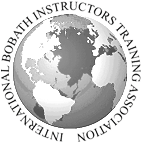

Intended for
Payments
- Deposit €520.00 within 7 days from the registration
- Balance €460.00 by date September 22, 2025
Calendar
language
Pay attention!
The course is organized in ROMA with NEWMASTER.
Location: NewMaster Course Center Via Cristoforo Colombo, 112 - 00145 ROMA (RM)
Location Info: infosito@newmaster.it Tel. +39 06 51 600 107
SCHEDULE
PROGRAMMA
First day
8.30-9.00 Registration of participants and presentation of course objectives
9.00-11.00 Lesson: Neurophysiology of locomotion (First part)
11.00-11.15 Coffee break
11.15-12.45 Patient A demonstration by the teachers in a collective session
12.45-13.00 Synthesis of clinical reasoning and discussion
1.00pm-2.00pm Lunch
2.00pm-3.15pm Treatment of clinical cases by course participants (working pairs) with high supervision by the teachers
3.15pm-3.45pm Discussion of the clinical case treated within the working group with the guidance of the assigned teacher - Definition of the critical elements of the evaluation for the first treatment hypothesis
3.45-4.00pm Coffee breaks
16.00-18.00 Practical laboratory 1: Postural control for verticality and the first step
Second day
8.30-10.30 Lesson: Neurophysiology of locomotion (second part)
10.30-11.15 Lesson: Analysis of locomotor problems in different clinical conditions
11.15-11.30 Coffee break
11.30-12.45 Patient A demonstration by the teachers in a collective session
12.45-13.00 Progression of clinical reasoning: discussion
1.00pm-2.00pm Lunch
2.00pm-3.15pm Treatment of clinical cases by course participants (working pairs) with supervision of the teachers
3.15-3.30pm Discussion of the clinical case treated within the working group with the guidance of the assigned teacher - Definition of the critical elements of the treatment and hypothesis of progression
3.30-3.45pm Coffee breaks
15.45-18.00 Practical laboratory 2: The stability of the head-neck-scapula-chest system to orient the propulsion line and guarantee stable anchoring to the locomotor unit (First part)
Third day
8.30-10.00 Lesson: Presentation of a clinical case using the MBCP (Model of Bobath Clinical Practice)
10.00-11.15: Practical laboratory 3: The stability of the head-neck-scapula-chest system to orient the propulsion line and guarantee stable anchoring to the locomotor unit (Second part)
11.15-11.30 Coffee breaks
11.30-12.45 Patient A demonstration by the teachers in a collective session
12.45-13.00 Summary of clinical reasoning and treatment techniques. Collective discussion
1.00pm-2.00pm Lunch
2.00pm-3.15pm Treatment of clinical cases by course participants (working pairs) with supervision of the teachers
3.15-3.30pm Discussion of the clinical case treated within the working group with the guidance of the assigned teacher - Definition of the critical elements of the treatment and hypothesis of progression
3.30-3.45pm Coffee breaks
3.45pm-6.00pm Practical laboratory 4: Swinging the arms to stabilize the COM and promote propulsion
Fourth day
8.30-11.15 Practical laboratory 5: The thorax-pelvis relationship to facilitate the transfer of antero/posterior and lateral/lateral load
11.15-11.30 Coffee breaks
11.30-12.45 Patient B demonstration by the teachers in a collective session
12.45-13.00 Summary of clinical reasoning and treatment techniques. Collective discussion
1.00pm-2.00pm Lunch
2.00pm-3.15pm Treatment of clinical cases by course participants (working pairs) with supervision of the teachers
3.15-3.30pm Discussion of the clinical case treated within the working group with the guidance of the assigned teacher - Definition of the critical elements of the treatment and setting up of the re-evaluation
3.30-3.45pm Coffee breaks
15.45-18.00 Practical laboratory 6: The foot for the absorption of impact forces, for the COP stabilization and for propulsion - Take a step in preparation for the stairs
Fifth day
8.30-11.15 Practical laboratory 7: The lateral stability system for the SLS: promoting the contralateral swing and changes of direction
11.15-11.30 Coffee break
11.30-12.45 Patient B demonstration by the teachers in a collective session
12.45-13.00 Summary of clinical reasoning and treatment techniques. Collective discussion
1.00pm-2.00pm Lunch
2.00pm-3.15pm Treatment of clinical cases by course participants (working pairs) with supervision of the teachers
15.15-16.15 Presentation of a case report by teachers using the MBCP
16.15-17.00 Last questions, ECM practical test and conclusion of the course
